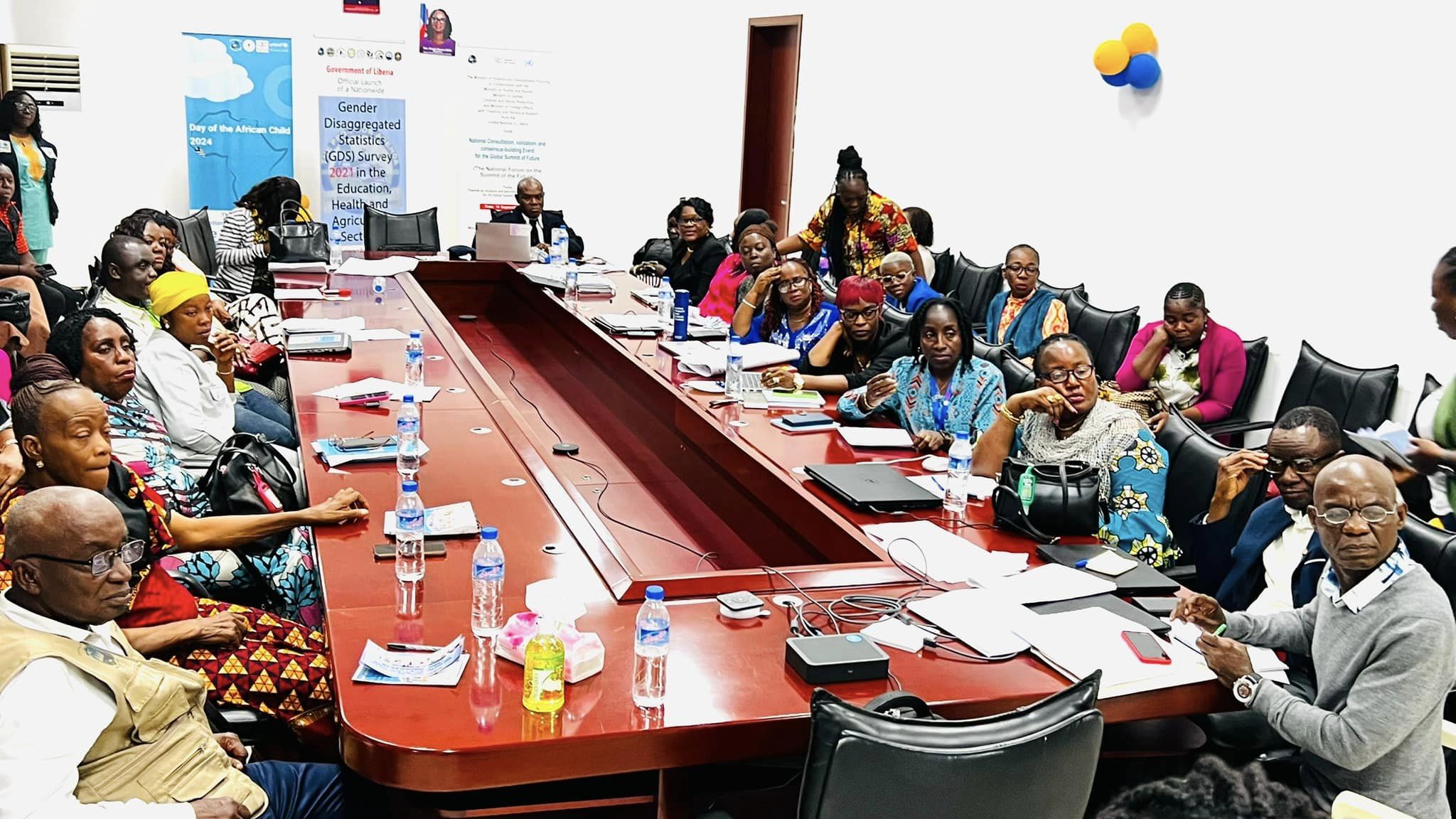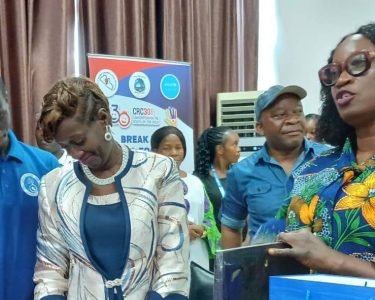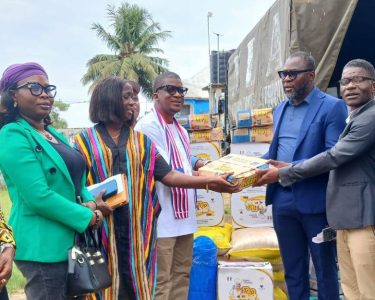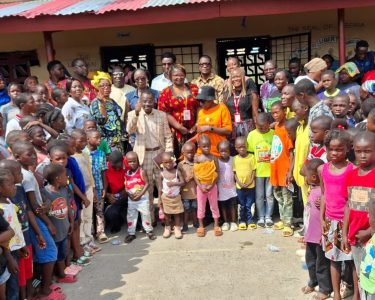
The Ministry of Gender, Children, and Social Protection (MoGCSP) held the first-ever coordination meeting of the Gender & Social Inclusion Units (GSIU) on Tuesday, September 24. This landmark event represents a pivotal step in the implementation of the Revised National Gender Policy (2018-2022), which mandates the establishment of specialized units in government institutions to promote inclusivity and gender responsiveness in all policies and programs.
The meeting brought together representatives from several Ministries, Agencies, and Commissions (MACs), including the Ministries of Finance and Development Planning (MFDP), Ministry of Agriculture (MOA), Ministry of Justice (MOJ), Ministry of Education (MOE), Ministry of Internal Affairs (MIA), Mines and Energy (MME), Commerce and Industry (MOCI), Ministry of Labor (MOL), Ministry of Foreign Affairs (MFA), Ministry of Defense (MOD), and other key entities such as the Liberia Electricity Corporation (LEC), Liberia National Police (LNP), Liberia Water and Sewer Corporation (LWSC), National Housing Authority (NHA), and the Environmental Protection Agency (EPA), among others.
In his opening address, Deputy Minister for Research, Policy, and Planning, Curtis V. Dorley, highlighted the importance of gender and social inclusion as essential tools for advancing national development. He stressed that Liberia’s commitment to gender equality is not merely a theoretical principle but a core element of its policy framework and international obligations.
Minister Dorley explained that the purpose of the meeting was to familiarize technicians from various entities with the roles and responsibilities of the newly formed GSIUs. “We are here today not only to collaborate but also to complement each other’s work,” he stated. “Gender inclusion transcends individual sectors and is integral to our collective national progress.”
The agenda for the meeting included a review of the GSIU Action Plan and discussions on the structure and frequency of future coordination meetings. Emphasis was placed on building capacity within the units, ensuring that staff are well-equipped to conduct gender analysis and effectively implement gender mainstreaming initiatives.
Minister Dorley also underscored the importance of comprehensive sex- and age-disaggregated data for developing policies that address the specific needs of Liberia’s diverse population.
He provided context for the evolution of Liberia’s gender inclusion approach, which stems from a 2017 review of the National Gender Policy. The review benefited from input by a U.S. assessment team working on the Millennium Compact with Liberia, who recommended the creation of Gender and Social Inclusion Units as a sustainable alternative to the gender focal points previously used in MACs. This change was aimed at ensuring continuity and addressing the gaps that arose when focal points were reassigned or unavailable.
The meeting aimed to support the achievement of five key Gender Goals identified by the GSIUs:
1. Identifying gender equality gaps within institutions to implement targeted interventions.
2. Strengthening leadership and change management skills to foster a more diverse and equitable workplace.
3. Ensuring gender mainstreaming at all levels of institutional planning and execution.
4. Creating and strengthening gender-responsive structures and mechanisms for equal participation in and benefit from development programs.
5. Increasing the formulation of public policies that align with both national and international gender and social inclusion standards.
This inaugural coordination meeting set the foundation for how Liberia will continue to advance gender mainstreaming and social inclusion across all sectors of government. The outcomes of the session are expected to serve as a model for future collaboration and capacity-building efforts, ensuring that every institution contributes to the goal of building a more equitable and inclusive society.
#Communication Uint










